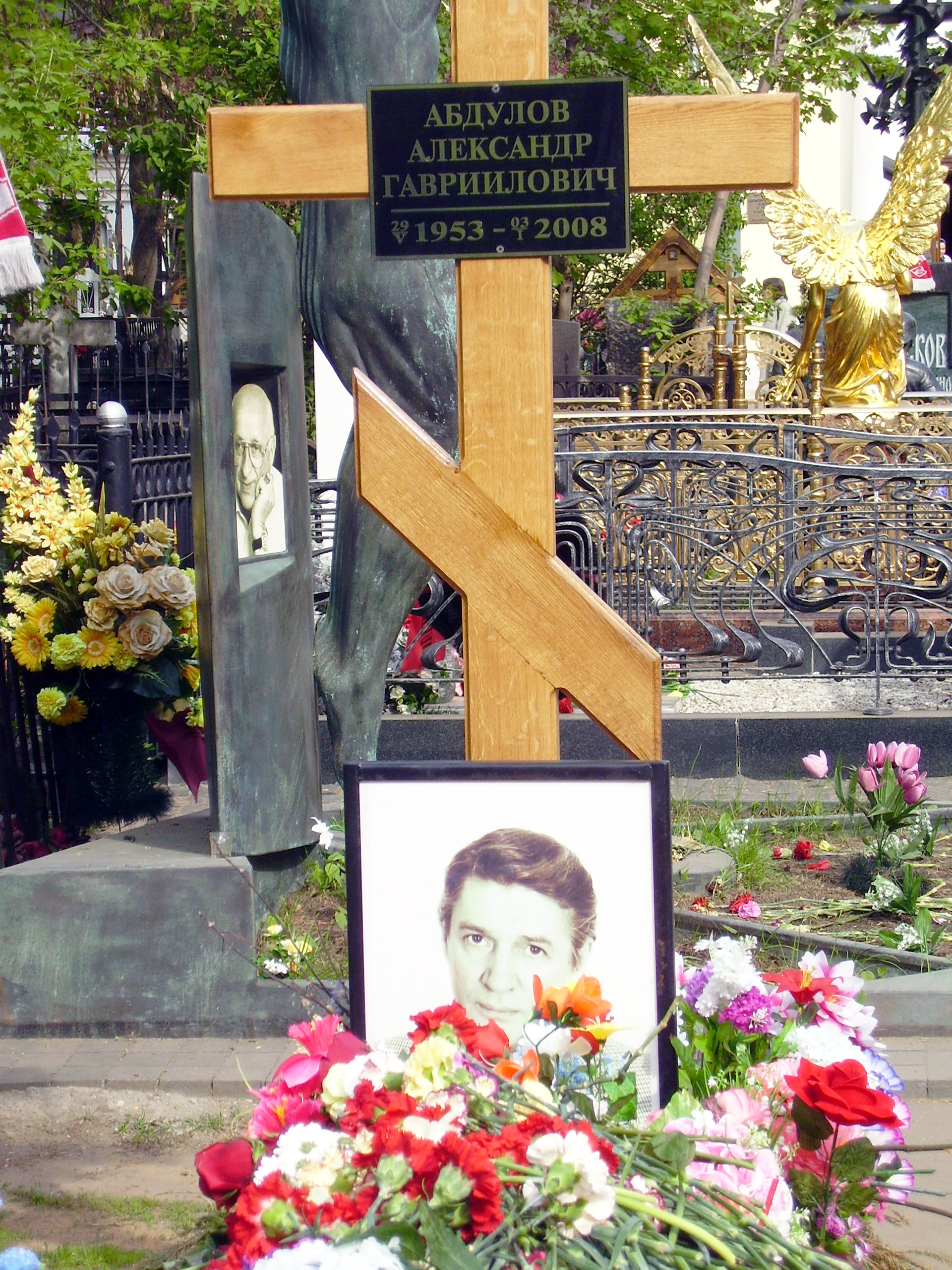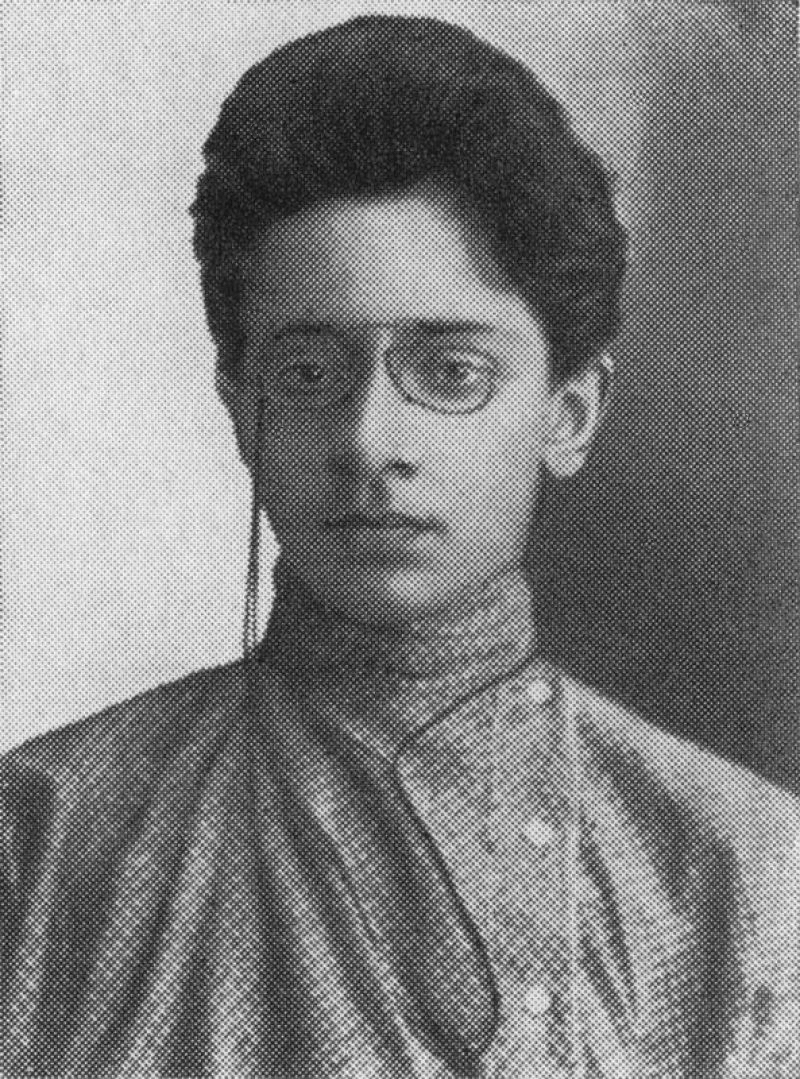|
Lenkom
Lenkom Theatre, formerly known as Lenin’s Komsomol Moscow Theatre or Moscow Leninist Komsomol Theatre is the official name of what was once known as the Moscow State Theatre named after Komsomol, a Communist youth league set up by Vladimir Lenin. Designed by Illarion Ivanov-Schitz, it was built in 1907−1909 to house a Merchant's Club, and was home to many theatrical and musical performances. Occupied following the February Revolution, 1917 the building had several uses before becoming the home of "Theatre for Working Youth" (TRAM) in 1927. Thus, the future theatre established its reputation as a theatre for young people, by young people. Over its 80-year career, Lenkom has been a forerunner of new, fresh and experimental theatre in the Soviet Union, and now Russia.History of the theater . The official theatre website (in Russian) ... [...More Info...] [...Related Items...] OR: [Wikipedia] [Google] [Baidu] |
Nikolai Karachentsov
Nikolai Petrovich Karachentsov (russian: Николай Петрович Караченцов, 27 October 1944 – 26 October 2018) was a Soviet and Russian film and stage actor of Lenkom Theatre. Karachentsov's popularity peaked in the late 1970s and early 1980s among the Soviet youth after he had starred in rock operas. In 1989 he was awarded the title of People's Artist of the RSFSR. In 2003 he received the State Prize of the Russian Federation. He was also awarded the Order of Honour and Order "For Merit to the Fatherland", 4th class. Biography Early life Nikolai Karachentsov was born in Moscow on 27 October 1944. His father, Pyotr Yakovlevich Karachentsov (1907–1998), worked for many years in the magazine ''Ogoniok'' as a graphic artist, he received the title of Meritorious Artist of the RSFSR in 1967. Nikolai's mother, Yanina Brunak (1913–1992), was a choreographer. She directed plays in major musical theaters, took part in staging performances at the Bolshoi Theatre, ... [...More Info...] [...Related Items...] OR: [Wikipedia] [Google] [Baidu] |
Illarion Ivanov-Schitz
Illarion Aleksandrovich Ivanov-Schitz (russian: Илларио́н Алекса́ндрович Иванов-Шиц; 18651937) was a Russian architect, notable for developing a unique personal style, blending the Vienna Secession school of Otto Wagner with Greek Revival features. His career peaked in 1902-1912 with several Moscow buildings including the Morozov Hospital, the Merchant Club (now the Lenkom Theatre), Moscow Savings Bank, and the public buildings in Miusskaya Square. He was one of the few architects born in the 1860s who integrated into the Soviet Union, Soviet establishment, earning the Order of Lenin for various resort projects and for redesigning the interiors of the Grand Kremlin Palace in the 1930s. Biography Education Ivanov-Schitz graduated from the Saint Petersburg Institute of Civil Engineers, which he attended from 1883–1888, with a gold medal. After a brief tour of Europe, he relocated to Moscow, joining the firm of Max Hoppener and later working for the C ... [...More Info...] [...Related Items...] OR: [Wikipedia] [Google] [Baidu] |
Mark Zakharov
Mark Anatolyevich Zakharov (russian: Марк Анатольевич Захаров; 13 October 1933 – 28 September 2019) was a Soviet and Russian stage and film director, screenwriter and pedagogue best known for his fantasy parable movies. He was named People's Artist of the USSR in 1991. Zakharov served as the artistic director at the Lenkom Theatre from 1973 till his death. He gathered a "dream team" of actors and reestablished Lenkom as one of the leading Soviet theatres. [...More Info...] [...Related Items...] OR: [Wikipedia] [Google] [Baidu] |
Aleksandr Abdulov
Aleksandr Gavrilovich AbdulovАбдулов Г. Д. Ферганский государственный областной русский драматический театр, ferrusdramteatr.uz (''n:'' Алекса́ндр Гаври́лович Абду́лов; 29 May 1953 – 3 January 2008) was a and n film and stage actor, film director, screenwriter and television presenter. |
Inna Churikova
Inna Mikhailovna Churikova (russian: Инна Михайловна Чурикова; born 5 October 1943) is a Soviet and Russian film and theatre actress. Biography Churikova was born in Belebey, Bashkir ASSR, Russian SFSR, Soviet Union. In the early 1950s, Inna moved with her mother to Moscow. Inna was bent on becoming an actress from an early age: as a schoolgirl she studied at the drama studio attached to the Stanislavsky Theatre and later, after a few failures, entered Shchepkin Drama School. She debuted in filming whilst a first-year student, in minor episodic roles. Inna Churikova became famous thanks to the films '' V ogne broda net'' (''No Path Through Fire'') (1968), and especially the triumphal ''Nachalo'' (''The Debut'') (1970) by the then beginning film director and her future husband Gleb Panfilov. Her other most remarkable works were in the films: '' Tot samyy Myunkhgauzen'' (''The Very Same Munchhausen'') (1979) written by Grigory Gorin and directed by Mark Zakh ... [...More Info...] [...Related Items...] OR: [Wikipedia] [Google] [Baidu] |
Yevgeny Leonov
Yevgeny Pavlovich Leonov (russian: link=no, Евгений Павлович Леонов; 2 September 1926 – 29 January 1994) was a Soviet and Russian actor who played main parts in several of the most famous Soviet films, such as ''Gentlemen of Fortune'', ''Mimino'' and ''Striped Trip''. Called "one of Russia's best-loved actors",''Death: Yevgeny Leonov.'' The Guardian (London). 23 February 1994. he also provided the voice for many Soviet cartoon characters, including ''Vinny Pukh'' (''Winnie-the-Pooh''). Early life While growing up in a typical Moscow family, he dreamed of becoming a war-plane pilot, which was a very common desire of many boys of the World War II period. This is also often attributed to the fact that his father worked in an airplane factory. During the Great Patriotic War he and his whole family worked in a weapon manufacturing/aviation factory. After the war, he joined the Moscow Art Theatre school, where he studied under Mikhail Yanshin. Career In his firs ... [...More Info...] [...Related Items...] OR: [Wikipedia] [Google] [Baidu] |
Leonid Bronevoy
Leonid Sergeyevich Bronevoy (russian: Леони́д Серге́евич Бронево́й; December 17, 1928 – December 9, 2017) was a Soviet and Russian actor. Though primarily a stage actor in the Lenkom Theatre, Bronevoy also made occasional appearances in films. He was named People's Artist of the USSR in 1987 and won the Nika Award in March 2008. Early life Bronevoy was born in Kyiv on December 17, 1928, into the Jewish family of Solomon Iosifovich Bronevoy (who changed his family name from Faktorovich) and Bella Lvovna Bronevaya. In his childhood, he learned to play violin under the instruction of Kyiv Conservatory professor David Solomonovich Berthier. His father, Solomon Bronevoy, came from the family of a confectioner from Odessa and had participated in the Russian Civil War. From 1920 to 1923, he worked at the State Political Directorate and completed his legal education in Kyiv, where he met Bella Bronevaya, a student in the economics department. Solomon Bronevoy ... [...More Info...] [...Related Items...] OR: [Wikipedia] [Google] [Baidu] |
Moscow Federation Of Anarchist Groups
The Moscow Federation of Anarchist Groups (MFAG) was a network of anarchist groups established in Moscow in 1917. They occupied the Merchants' House shortly after the February Revolution. They published '' Anarkhiia'', weekly after its launch in September 1917 and then as a daily from March 1918. Following the October Revolution of November 1917, they were involved in the development of the Black Guards into a significant military force in Moscow. On 3 March 1918 the Bolsheviks signed the Brest-Litovsk Treaty, which precipitated a political crisis with their erstwhile allies amongst the Anarchists and Left Socialist Revolutionaries. On 12 April, 1918 the Bolshevik authorities moved against the Anarchists: 26 centres were raided in Moscow, forty anarchists were killed and over 500 were arrested. Lev Chernyi Lev Chernyi ( rus, Лев Чёрный, p=ˈlʲef ˈtɕɵrnɨj, a=Lyev Chyornyy.ru.vorb.oga; born Pavel Dimitrievich Turchaninov, rus, Па́вел Дми́триевич ... [...More Info...] [...Related Items...] OR: [Wikipedia] [Google] [Baidu] |
Yakov Sverdlov
Yakov Mikhailovich Sverdlov (russian: Яков Михайлович Свердлов; 3 June Old_Style_and_New_Style_dates">O._S._22_May.html" ;"title="Old_Style_and_New_Style_dates.html" ;"title="nowiki/>Old Style and New Style dates">O. S. 22 May">Old_Style_and_New_Style_dates.html" ;"title="nowiki/>Old Style and New Style dates">O. S. 22 May 1885 – 16 March 1919) was a Bolshevik Party administrator and chairman of the All-Russian Central Executive Committee from 1917 to 1919. He is sometimes regarded as the first head of state of the Soviet Union, although it was not established until 1922, three years after his death. Born in Nizhny Novgorod to a Jewish family active in revolutionary politics, Sverdlov joined the Russian Social Democratic Labour Party in 1902 and supported Vladimir Lenin's Bolshevik faction during an ideological split. He was active in the Urals during the failed Revolution of 1905, and in the next decade, he was subjected to constant imprisonment an ... [...More Info...] [...Related Items...] OR: [Wikipedia] [Google] [Baidu] |
Tatyana Pelttser
Tatyana Ivanovna Pelttser (russian: Татья́на Ива́новна Пе́льтцер; german: Tatjana Peltzer; June 6, 1904 in Moscow – July 16, 1992 in Moscow), was a Soviet and Russian theater and film actress. People's Artist of the USSR (1972). Tatyana Ivanovna Pelttser (or Peltzer) born into the family of the well-known actor Ivan Pelttser first took the stage at the age of nine. The paternal family came from cloth manufacturer Napoléon Peltzer (1802-1889) from Stolberg in the Rhineland, who emigrated to Russia in 1821. Tatyana's mother Esfir (Ester) Borukhovna Roizen (1884-1962) came from a Jewish-Ukrainian family. After marriage, Esfir converted to the Russian Orthodox faith and adopted the first name Yevgeniya. Initially Tatyana played in provincial theatres, and then was engaged in MGSPS Theatre (Moscow) and in Moscow Theatre of Miniatures subsequently. From 1947 she was a leading actress of the Satire Theatre. Tatyana Pelttser made her film debut in the d ... [...More Info...] [...Related Items...] OR: [Wikipedia] [Google] [Baidu] |
Andrei Tarkovsky
Andrei Arsenyevich Tarkovsky ( rus, Андрей Арсеньевич Тарковский, p=ɐnˈdrʲej ɐrˈsʲenʲjɪvʲɪtɕ tɐrˈkofskʲɪj; 4 April 1932 – 29 December 1986) was a Russian filmmaker. Widely considered one of the greatest and most influential filmmakers of all time, his films explore spiritual and metaphysical themes, and are noted for their Slow cinema, slow pacing and long takes, dreamlike visual imagery, and preoccupation with nature and memory. Tarkovsky studied film at Moscow's Gerasimov Institute of Cinematography, VGIK under filmmaker Mikhail Romm, and subsequently directed his first five feature film, features in the Soviet Union: ''Ivan's Childhood'' (1962), ''Andrei Rublev (film), Andrei Rublev'' (1966), ''Solaris (1972 film), Solaris'' (1972), ''Mirror (1975 film), Mirror'' (1975), and ''Stalker (1979 film), Stalker'' (1979). A number of his films from this period are ranked among the List of films considered the best, best films ever made. Aft ... [...More Info...] [...Related Items...] OR: [Wikipedia] [Google] [Baidu] |



